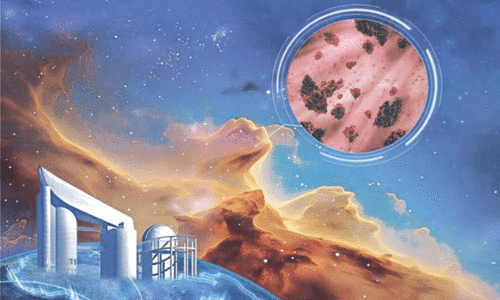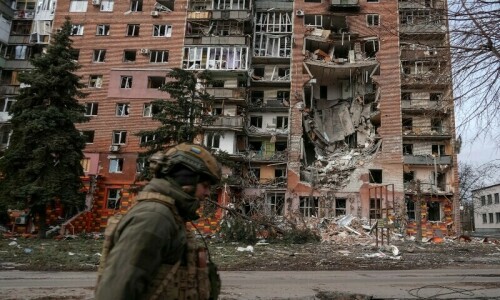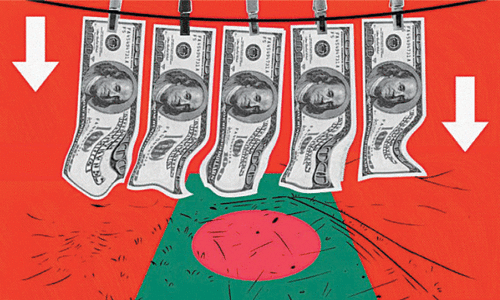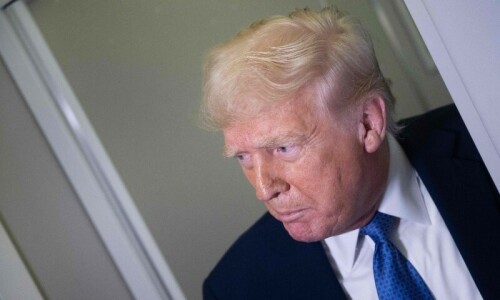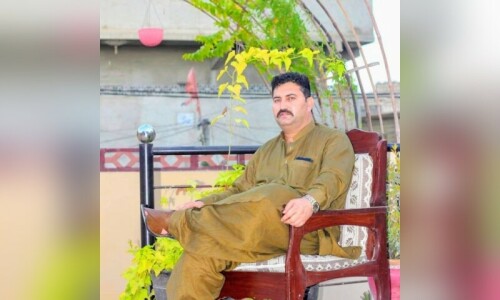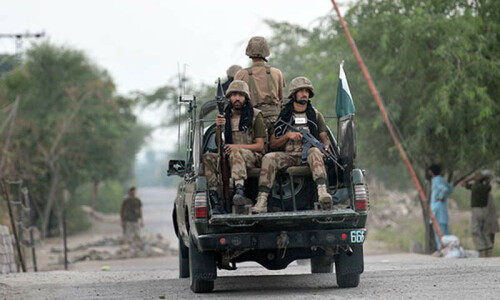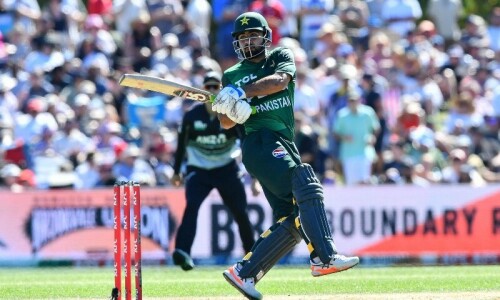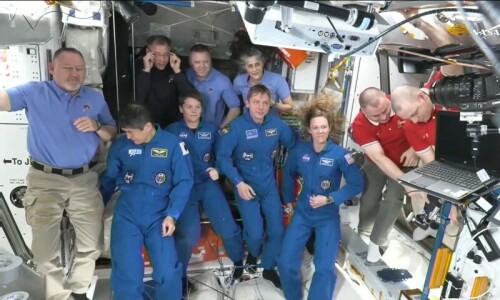This is succession planning. It’s about laying down memories in Australia against the time Queen Elizabeth II dies. The first tour is the one that matters — the tour with the young couple and the baby, the gloss not worn off their marriage and possible princely misdemeanours of the child far in the future.
The same plans brought the Prince and Princess of Wales to the rock 30 years ago. Little has changed. Fleet Street grandees flew across the world for the first showing of William. The same plan worked for George. If you’re a royal photographer you need a supply of baby pictures. They’re an asset for life.
Australia had a notion back then that it was drifting inevitably towards a republic. The Labor party was back in power. The republic was party policy. It seemed only a matter of time. The Charles and Diana show was thought to be one of the last we would ever see.
Back then it was the iron etiquette around royalty that nothing they said could ever be reported. But so many archives have given up their secrets in the last 30 years that surely it can be reported now that the Prince of Wales’s attitude to an Australian republic back then was: “No skin off anyone’s nose.”
Diana had a light pink flush when the couple met the press in their Alice Springs hotel. Next morning I heard James Whitaker of the Daily Mirror concocting with his colleagues the story that she was red raw from the Australian sun. The headlines in London were: Di Sunstroke Shock. Would this business last a week if it didn’t sell papers?
The royal day in the desert involved a series of small events where the press outnumbered the locals and the rock towered over us all. When Prince William was a swaddled baby in his nanny’s arms it was Ayers Rock. Now it’s called Uluru and is back where it belongs in the custody of the Anangu people. They sang their stories to greet the Duke and Duchess of Cambridge. It was a disquieting and beautiful sight: six big desert women sitting on the ground and Rene Kulitja, her head covered in ash, her mouth a red gash across her face, dancing.
It’s a ceremony rarely performed. The music came and went; the dancing stopped and started. Then it was suddenly over. Kulitja is a painter and glassmaker. In 2002 she painted a Qantas 737.
The royal pair did not have a great deal to do. Charles and Diana packed more into a day. But the new royal generation is better at this business than the old. The duchess is bright. After all, she went to university.
And William doesn’t try as hard as his father did to be a big personality. Perhaps staying blank is best in this trade.
Reluctantly I have to report that her royal highness said: “Have a nice day.”
The press still eulogises them. “It’s truly magical,” said a TV reporter to her camera as we waited at the rock for something to happen. Not really. It’s the highly skilled creation of soft propaganda in which the press is complicit, the locals are extras and Uluru is a backdrop. As they returned from a picturesque walk to a waterhole, a child in the little crowd yelled: “Hello, Prince Charming.”
Everything is going nicely. The tour has to be rated a great success. The polls are showing Australians are in as many minds about a republic now as they were when Charles and Diana came through here 30 years ago. Change is anything but inevitable.
Australia is not a country that worries much about what can’t be fixed.
Factored into our attitude to the republic is the knowledge that in 1999 the constitution proved the usual roadblock. So did the politicians. The generation troubled by 1975 — the constitutional crisis when the governor-general, acting the for the Queen, dismissed the prime minister — is dying.
The royals are proving all over again how charming and durable they can be. All but the diehards agree the republic has to be forgotten for a few years: nothing until the Queen dies.
—By arrangement with the Guardian


